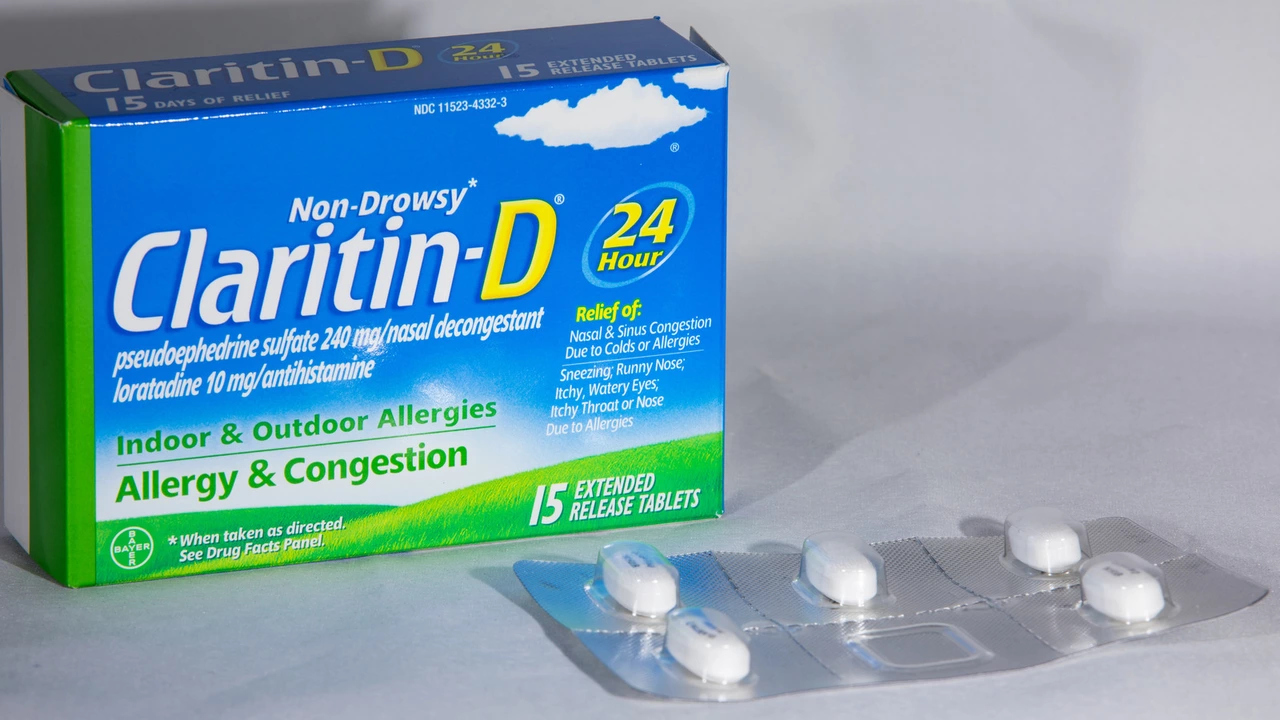Allergies: Practical Help, Treatments, and When to Seek Care
Sneezing, itchy eyes, or sudden tightness in your chest — allergies can hit fast and ruin your day. You don’t need a medical degree to feel better, but you do need clear steps that actually work. This page gives quick relief tips, simple prevention moves, and safe medication advice so you can manage symptoms without guessing.
Fast relief and common treatments
For mild to moderate symptoms start with an oral antihistamine like cetirizine or loratadine. They calm itching, sneezing, and watery eyes without making most people drowsy. For blocked or runny noses, an intranasal steroid (fluticasone, budesonide) usually helps within a few days and is safe for regular use when used correctly.
Topical hydrocortisone creams reduce skin itching and redness for rashes or hives. For severe allergic reactions with throat tightness, swelling, or breathing trouble, use epinephrine immediately and call emergency services. Carry an epinephrine auto-injector if you’ve had anaphylaxis before.
If you’re buying meds online, pick pharmacies you can verify and keep prescriptions for drugs that require them. Our related guides cover safe online purchases of allergy and steroid medicines.
Longer-term control and prevention
Avoidance is the cheapest, easiest step: keep windows closed during high pollen days, use a HEPA filter, wash bedding frequently, and reduce indoor humidity to limit dust mites and mold. For food allergies, strict avoidance and reading labels matter — even tiny traces can trigger a reaction.
Allergen immunotherapy (allergy shots or under-the-tongue tablets) reduces sensitivity over months and can cut symptoms for years. Talk to an allergist about this if you find daily meds aren’t enough. If you use systemic steroids like prednisone often, ask your doctor about steroid-sparing options or other long-term treatments that lower side-effect risks.
Vitamin D affects immune and respiratory health, and low levels can make breathing issues worse. It’s not a cure, but checking and correcting a deficiency can help overall lung function for some people.
Keep a symptom log: note triggers, what helps, and when meds were used. That record makes clinic visits far more useful and speeds up better treatment choices.
Quick tips to reduce flare-ups: wash your face and rinse sinuses after being outdoors; shower before bed to remove pollen; use allergen-proof pillow covers; vacuum with a HEPA filter; and avoid smoking or smoky places.
When to see a doctor or use emergency care: sudden breathing difficulty, lip or tongue swelling, fainting, or rapidly spreading hives. Also see a clinician if symptoms last more than a few weeks despite OTC meds or if daily life is affected.
Related reads on this tag (trusted guides):
- Guide to Buying Phenergan Online: Safe Sources, Prices, and Tips
- 6 Alternatives in 2025 to Prednisone: What Works and What to Watch Out For
- Steroid-Sparing Therapies: Biologics, DMARDs, and Topical Alternatives Explained
- How Vitamin D Deficiency Impacts Your Breathing
- Where to Safely Buy Betnovate Online: Best Options, Costs, and Tips
If you’re unsure which option fits you, book a short visit with a primary care doctor or an allergist. A few targeted tests and a clear plan usually cut symptoms faster than trial-and-error at home.

